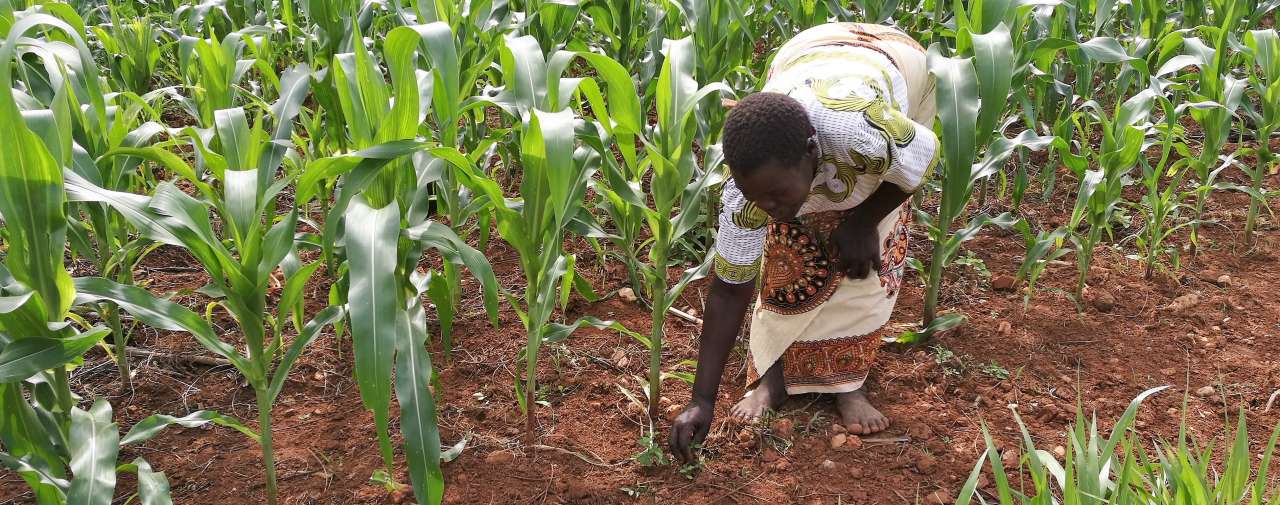New digital plant health service in Malawi

Photo: Ragnar Våga Pedersen
NIBIO will lead an international project in Malawi worth NOK 50 million. The project will establish a digital plant health service which will give farmers a tool for targeted and effective management of pests and disease, increased yields and reduce the need for pesticides.
Various digital systems have been developed to identify, monitor, administer, control and predict the outbreak of pests and diseases. These provide useful information that can help in making decisions and adapting integrated strategies for combating pests.
An international collaborative effort led by NIBIO, Malawi Digital Plant Health Service with National Public Ownership (MaDiPHS), will now build on the development and data from such systems.. The aim is to create a joint international platform that will be able to provide data to national digital services. The VIPS technology platform, developed by NIBIO, is one such system that will be integrated into the service.
Malawi, in south-eastern Africa, is greatly dependent on natural irrigated farming – 80 per cent of the population is involved in smallholdings or subsistence farming.
The country is periodically affected by food shortages due, among other things, to drought, floods, limited access to modern technology, poor infrastructure, disease and, recently, infestations from pests such as the Fall Armyworm (FAW).
“In 2020, an FAW infestation resulted in the loss of more than 150,000 hectares of maize fields, and because maize is the main crop, thousands of families were in danger of starving,” explains Karl Thunes, researcher at NIBIO, and project lead.
FAW and maize have been chosen as the first pest and product. The service will also be expanded to include information and tools related to other destructive pests that affect products relevant to Malawi farming.
The locally adapted service will also be owned and administered by Malawi authorities.
Contacts

Purpose
To establish a digital plant health service for farming in Malawi, which will give farmers a tool for targeted and effective management of pests and diseases, increase yields and reduce the need for pesticides.
Collaboration: The Norwegian Meteorological Institute, several international research institutions and Malawi authorities
Funding: NORAD
Contacts

